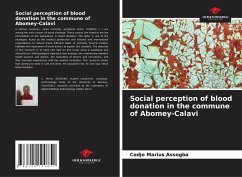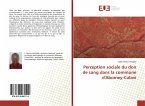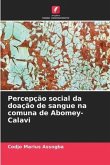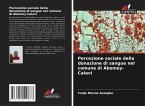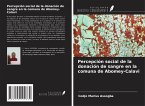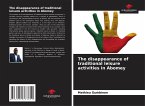In African countries, infant mortality, accidental death, childbirth (...) are among the main causes of blood shortage. These causes are linked to the low participation of the populations in blood donation. The latter is one of the strategies found by the medical profession and national and international organizations to reduce these different types of mortality. Several studies highlight the importance of blood donors to explain this situation. The objective of this research is to shed new light on this issue using a qualitative and interactionist anthropological approach that analyzes the relationship between health workers and donors, the motivation of donors and non-donors, and their concrete experiences with the medical institution. This research shows that contrary to what is said and done, the population has its own logic about blood donation.

